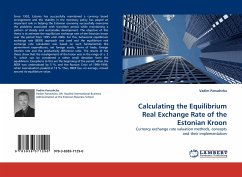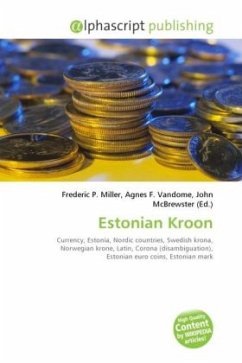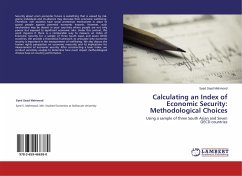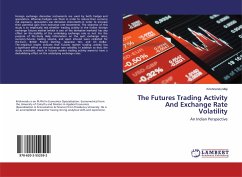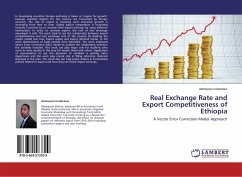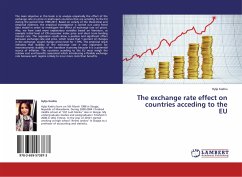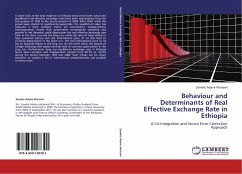Since 1992, Estonia has successfully maintained a currency board arrangement and this stability in the monetary policy has played an important role in helping the Estonian economy successfully overcome the problems associated with transition period while maintaining a pattern of steady and sustainable development. The objective of this thesis is to estimate the equilibrium exchange rate of the Estonian kroon over the period from 1995 until 2006. For this, behavioral equilibrium exchange rate (BEER) approach was used and the equilibrium real exchange rate calculation was based on such fundamentals like government expenditures, net foreign assets, terms of trade, foreign interest rate and the productivity difference ratio. The results of the thesis show that the misalignment of the kroon was in the range of ± 2 %, which can be considered a rather small deviation form the equilibrium. Exceptions to this are the beginning of the period, when the REER was undervalued by 5 %, and the Russian Crisis of 1998-1999, when overvaluation peaked at 13 %. Thus, REER has, on average, moved around its equilibrium value.

